- IDP China>
- 课程库>
- 人文科学>
- 地域、民族、文化和性别研究>
- 区域研究>
- Master of Arts in Modern Languages and Cultural Studies - Translation Studies
现代语言和文化研究文学硕士-翻译研究
Master of Arts in Modern Languages and Cultural Studies - Translation Studies

学历文凭
Masters Degree

专业院系
NA

开学时间

课程时长

课程学费

国际学生入学条件
IDP—雅思考试联合主办方

雅思考试总分
7.0
- 雅思总分:7
- 托福网考总分:100
- 托福笔试总分:160
- 其他语言考试:NA
CRICOS代码:
申请截止日期: 请与IDP联系 以获取详细信息。
课程简介
Modern Languages and Cultural Studies offers MA and PhD degree programs in four major areas, or streamsEach stream is based around the model of the cohort, meaning students admitted together into a stream will proceed together through their coursework, portfolio modules, colloquia, workshops, and other required program elements. The cohort model offers peer-support and builds enduring collegial ties through the end of graduate study-and beyond. Each stream features dedicated core courses, broad faculty expertise, and electives specific or related to stream content and, when possible, to the linguistic, cultural, or thematic capacities and interests of the students in the cohort.Faculty-member mentors work alongside students to support research interests that take into account diverse theoretical approaches-including gender and sexuality theory, visual cultural theory, urban studies, folklore, film theory, digital and internet studies, discourse analysis, second-language acquisition, and more-in time periods ranging from the premodern to the contemporary. The department supports research undertaken on a wide range of languages and cultural regions. In each of our graduate programs, we offer interdisciplinary, transcultural, and collaborative courses with a focus on professional development throughout. Undertake research in cultural translation, history of translation, literary translation, multilingual translation, translation theory, and criticism with an understanding that a critically informed approach to translation must be informed by practice.
相关申请
 预科
预科 奖学金
奖学金 实习机会
实习机会 在校学习
在校学习 跨境学习
跨境学习 校园授课-线上开始
校园授课-线上开始 在线/远程学习
在线/远程学习
开学时间&学费
学费信息仅供参考,请与IDP联系以获取详细信息
| 开学时间 | 时长 | 学费 | 地点 |
|---|
学校排名

世界排名132
数据源:
泰晤士高等教育世界大学排名
关于阿尔伯塔大学

阿尔伯塔大学创办于1908年,在创新教学和研究方面拥有悠久的历史,是一所享誉国际的一流大学,在许多学科领域都名列前茅,其中包括护理学(全球第7)、工程学(全球前20)以及人工智能(加拿大第一)。阿尔伯塔大学在加拿大大学中名列前四位,在全球也位居100强之列(2025年QS世界大学排名),是一所催人奋进的大型沉浸式大学。来自159个国家的4.6万多名学生以该校为家。毕业后,学生将加入一个由世界各地30多万名校友组成的校友网络。该校的毕业生就业情况也在全球跻身100强。阿尔伯塔大学位于加拿大阿尔伯塔省埃德蒙顿,那里拥有强大而充满活力的经济,学生将在这座生机勃勃的年轻城市愉快地度过求学生活。主校区距离北美最大的城市公园,风景优美的北萨斯喀彻温河谷仅有几步之遥。那里是骑自行车、徒步旅行、滑雪等的理想场所。埃德蒙顿被称为''节日之城'',每年举办50多个节日庆祝活动,其中包括戏剧、体育、文化活动等等。无论您有何兴趣爱好,课余时间总有许多事情可做,而且每个月都会有一些精彩的活动。国际学生在校园中会有宾至如归的感觉,亲切友好的专业国际学生服务小组可随时帮助学生顺利过渡到求学生活中。该校提供各种便捷的现代化校内宿舍以满足各种住宿需求,确保学生找到合适的住所,能够像在家里一样感到轻松自在。国际学生还可能有资格获得根据学业成绩专门设立的奖学金。UA就业率同样为97%,在加拿大为就业率最高的大学之一,因其平均薪资率为加拿大最高,许多学生在毕业后留在本省。
本校相关课程

机械工程学士学位(合作社)
学历文凭
Bachelor Degree
开学日期
课程费用总额


康复科学哲学博士
学历文凭
Ph.D.
开学日期
课程费用总额

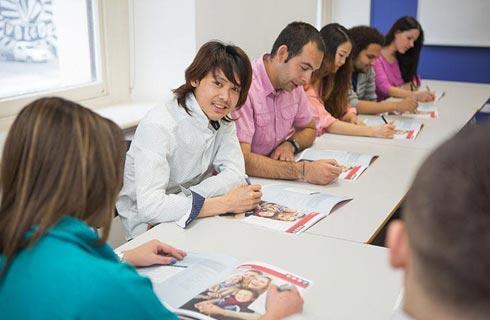
康复科学理学硕士
学历文凭
Masters Degree
开学日期
课程费用总额

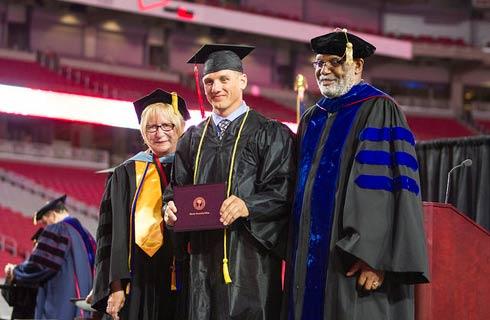
言语语言病理学理学硕士(基于课程)
学历文凭
Masters Degree
开学日期
课程费用总额


职业治疗理学硕士
学历文凭
Masters Degree
开学日期
课程费用总额

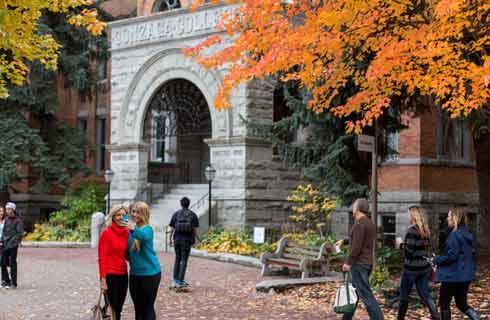
物理疗法理学硕士
学历文凭
Masters Degree
开学日期
课程费用总额

其他相关课程

翻译研究文学硕士
 渥太华大学
渥太华大学泰晤士高等教育世界大学排名:188
学历文凭
Masters Degree
开学日期
课程费用总额

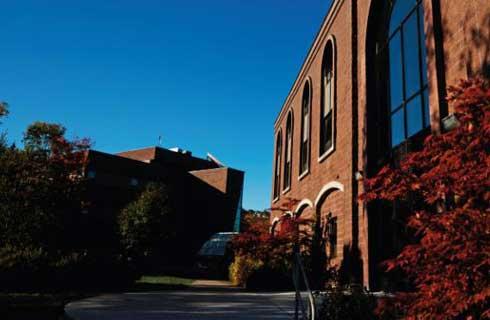
法语-英语翻译(荣誉)文学士学位(2年)
 渥太华大学
渥太华大学泰晤士高等教育世界大学排名:188
学历文凭
Bachelor Degree with Honours
开学日期
课程费用总额

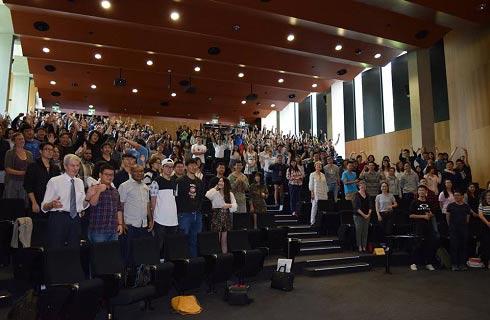
荣誉散居和跨国研究文学士学位-密西沙加
 多伦多大学
多伦多大学学历文凭
Bachelor Degree with Honours
开学日期
课程费用总额

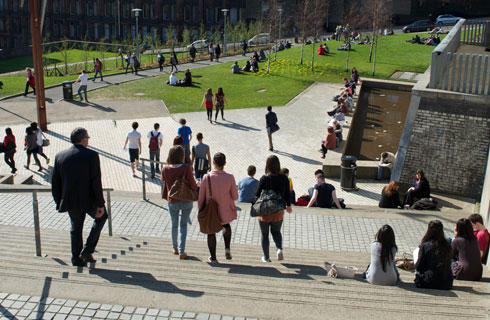
国际翻译文学学士学位-格伦登(荣誉)
 约克大学
约克大学学历文凭
Bachelor Degree with Honours
开学日期
课程费用总额


西班牙语/英语和英语/西班牙语翻译证书-Glendon
 约克大学
约克大学学历文凭
Bachelor Degree
开学日期
课程费用总额

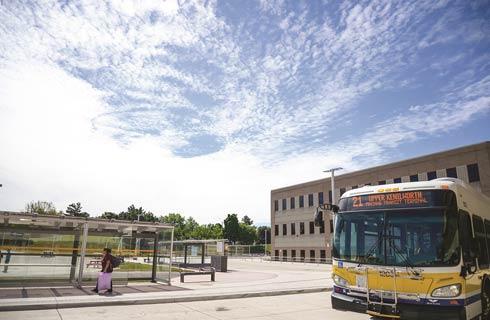
口译和翻译证书(韩语)
 格雷斯通学院
格雷斯通学院学历文凭
Bachelor Degree
开学日期
课程费用总额










